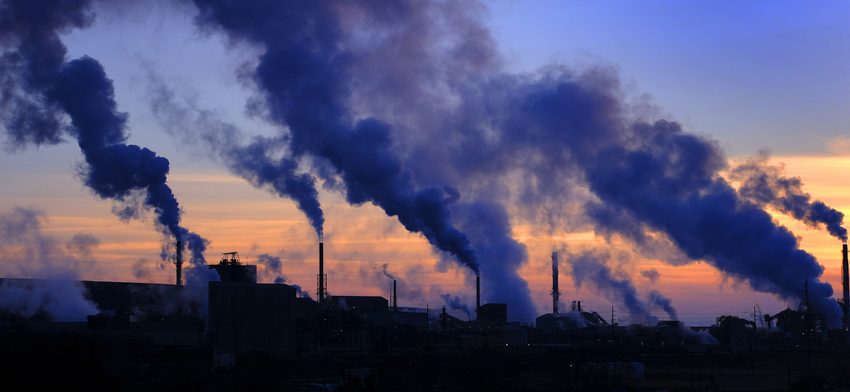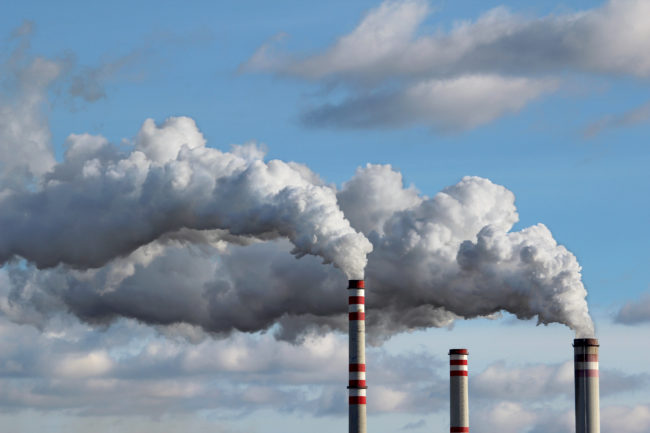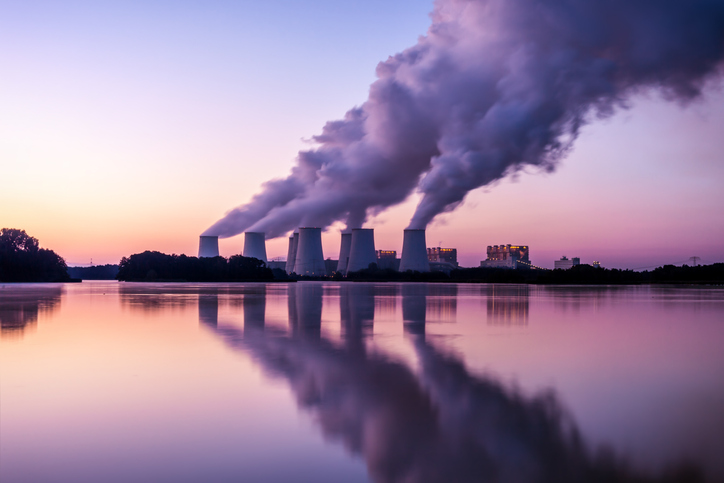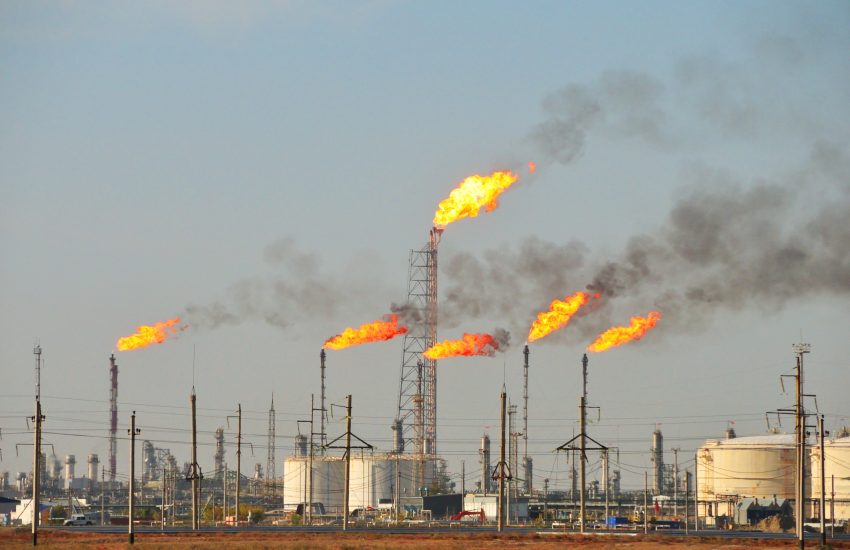Following up on our April 21 post, the UCLA Environmental Law Clinic recently filed an amicus brief in the California Restaurant Association v. Berkeley litigation, joining multiple other governmental and non-governmental organizations asking the Ninth Circuit to take another look at its April 17 decision. The Ninth Circuit’s decision effectively overturned a lower federal district court’s ruling that revoked the City of Berkeley’s 2019 ban of natural gas infrastructure in newly constructed buildings.
Authoring the brief were seven law professors from across the …
Continue Reading









